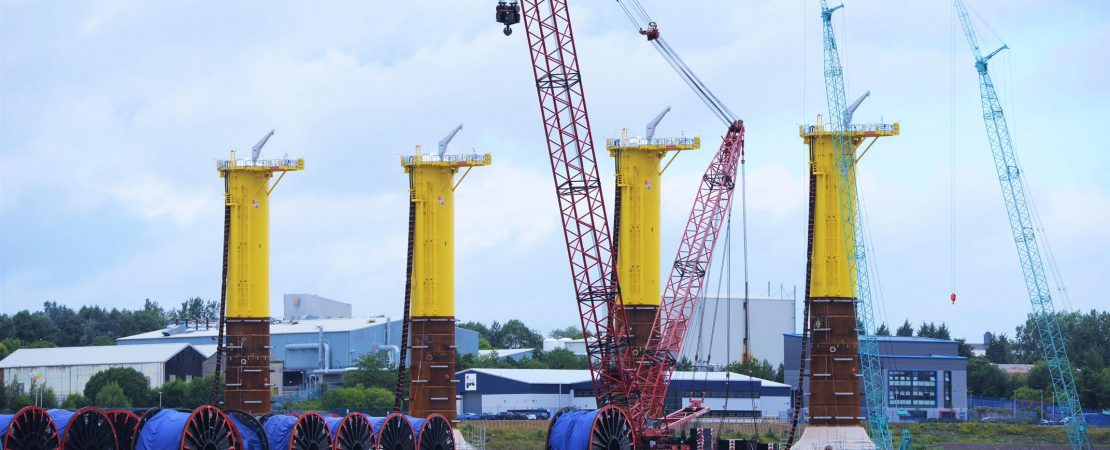Join the Innovation Board
Closing date extended until Friday 15 December.
We are looking for two passionate, well-connected business people from the Health and Life science and Digital and Data sectors in the region to join the Innovation Board.
The North East Local Enterprise Partnership (LEP) is committed to driving economic growth, delivering more and better jobs for the North East as set out in our Strategic Economic Plan (SEP). To do this, the business-led, partnership brings together the private sector, local authorities and university and college representatives to deliver against six strategic programmes: innovation, business growth, skills, employability and inclusion, economic assets and infrastructure and connectivity.
Our Innovation programme has two core principles:
- Creating an open, collaborative and networked environment with a focus on supporting delivery
- Maintaining a strategic focus on recognised areas of industrial specialism and of scientific leadership in the North East economy
To enable this, the Innovation Programme is comprised of three work streams:
- Ecosystem development: Our ecosystem needs to provide access to finance, business support, expertise and knowledge and foster access to regional, national and international partnerships.
- Innovation Infrastructure: Developing, demonstration and delivering new ideas required a physical infrastructure including research, test and demonstration facilities. There is an opportunity to co-ordinate different North East assets to provide test bed sites which can interest international engagement and investment.
- Smart Specialisation: As well as supporting innovation across the economy, we are focused on our four areas of smart specialisation and areas of knowledge strength.
Our Innovation Programme Delivery Board oversees, provides advice and actively supports programme implementation and delivery with thematic sector leads responsible for reflecting, galvanising and engaging with their respective sectors and supporting cross-sector initiatives. The sector leads also take the lead and chair the respective working-groups to provide links between the different sectors.
We are seeking to engage two sector leads with a commercial and business growth background who are willing to volunteer their time and input their specialist knowledge and expertise to represent and stimulate the Health and Life science and Digital and Data sectors to ensure delivery of the strategy and develop the next phase of delivery.
If you have the drive, passion, business insight, skills and experience at a senior management or board level in either of these sectors and significant awareness of the North East economy we would love to hear from you. To find out more or apply, click here..






